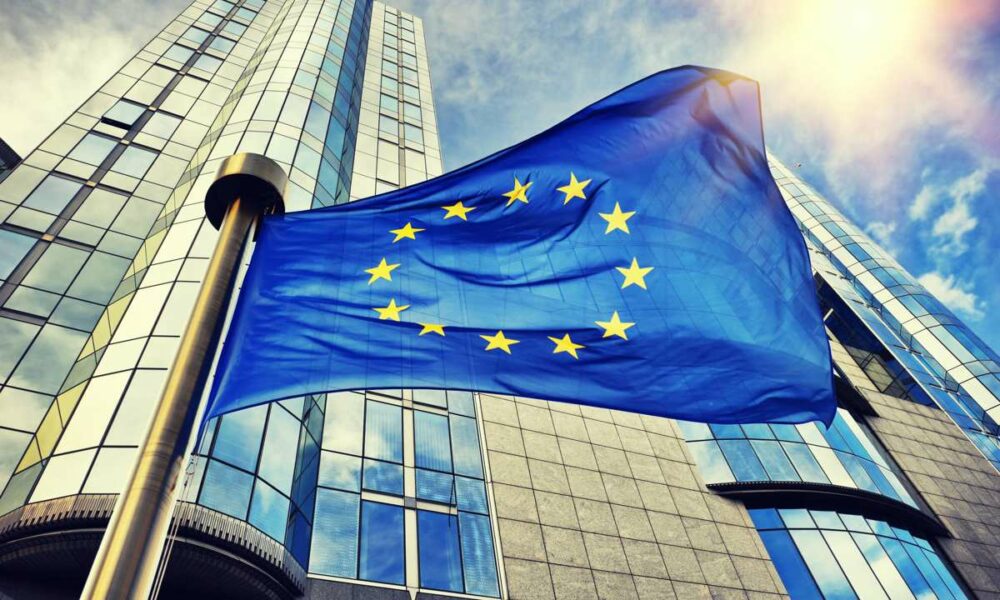
The European Union reached a provisional agreement yesterday on his Directive of Markets in Cryptoassets (MiCA) after debating for years how to regulate the digital asset industry.
The convulsive situation that cryptocurrencies have been experiencing for some time has possibly encouraged the community entity to get their hands on the matter once and for all. The European Parliament, the Council and the Commission have approved new provisions covering the oversight of crypto asset service providers (CASPs), consumer protection and environmental safeguards.
Industry oversight and enforcement of the directive will fall to the existing European Securities and Markets Authority. In order to address issues such as money laundering, said body would be in charge of a public registry in which all cryptoactive providers that do not comply with the regulations and/or offer services without authorization would appear.
On the other hand, the European Parliament and the Council reached another agreement last Wednesday to force crypto asset service providers to provide information on all digital asset transactions under the framework of the funds transfer regulation.
Apparently the new directive would cover cryptocurrencies and we will see how the NTFs end up regulated, since non-expendable assets that are offered to the public at a fixed price, such as tickets to an event or an item in a video game, will initially be exempt of these new rules, although the Europarliament has not ruled out its regulation being introduced in the MiCA in the future.
As we have already said, we will see how the NTF ends up within the new directive due to the fact that some member states such as Lithuania, Ireland and Hungary opposed their inclusion in the discussions held last Wednesday. Some dissenting parties have shown their willingness to accept the NTF regulation in exchange for adding a review clause.
The MiCA is a project that has been in the making for two years. The different drafts that appeared generated a lot of controversy because in one of them a clause was introduced to prohibit Bitcoin and other cryptocurrencies in case the mining process consumed too much energy. After angry complaints, that was removed in later drafts.
We will see how the Cryptoactive Markets directive ends, but from what can be seen, it indicates that it is going to try to put limits on the cryptoactive market, protect consumers and demand transparency from services and be registered to operate legally .



